Life Sciences
Most popular
 Status: Free TrialFree TrialU
Status: Free TrialFree TrialUUniversity of California San Diego
Specialization
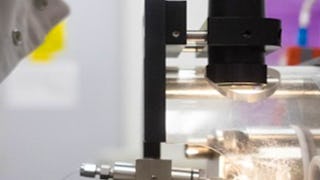 Status: PreviewPreviewU
Status: PreviewPreviewUUniversity of Manchester
Course
 Status: Free TrialFree TrialU
Status: Free TrialFree TrialUUniversity of Toronto
Specialization
 Status: PreviewPreviewT
Status: PreviewPreviewTTel Aviv University
Course
Trending now
 Status: Free TrialFree TrialU
Status: Free TrialFree TrialUUniversity of California San Diego
Specialization
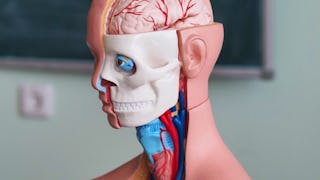 Status: Free TrialFree TrialR
Status: Free TrialFree TrialRRice University
Specialization
 Status: Free TrialFree TrialU
Status: Free TrialFree TrialUUniversity of Toronto
Specialization
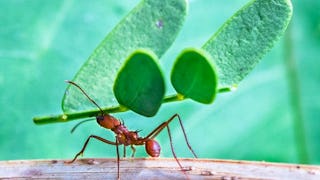 Status: Free TrialFree TrialR
Status: Free TrialFree TrialRRice University
Specialization
New releases
- Status: PreviewPreview
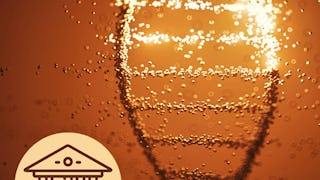 U
UUniversity of Cambridge
Course
Filter by
SubjectRequired *
LanguageRequired *
The language used throughout the course, in both instruction and assessments.
Learning ProductRequired *
LevelRequired *
DurationRequired *
SubtitlesRequired *
EducatorRequired *
Results for "life sciences"
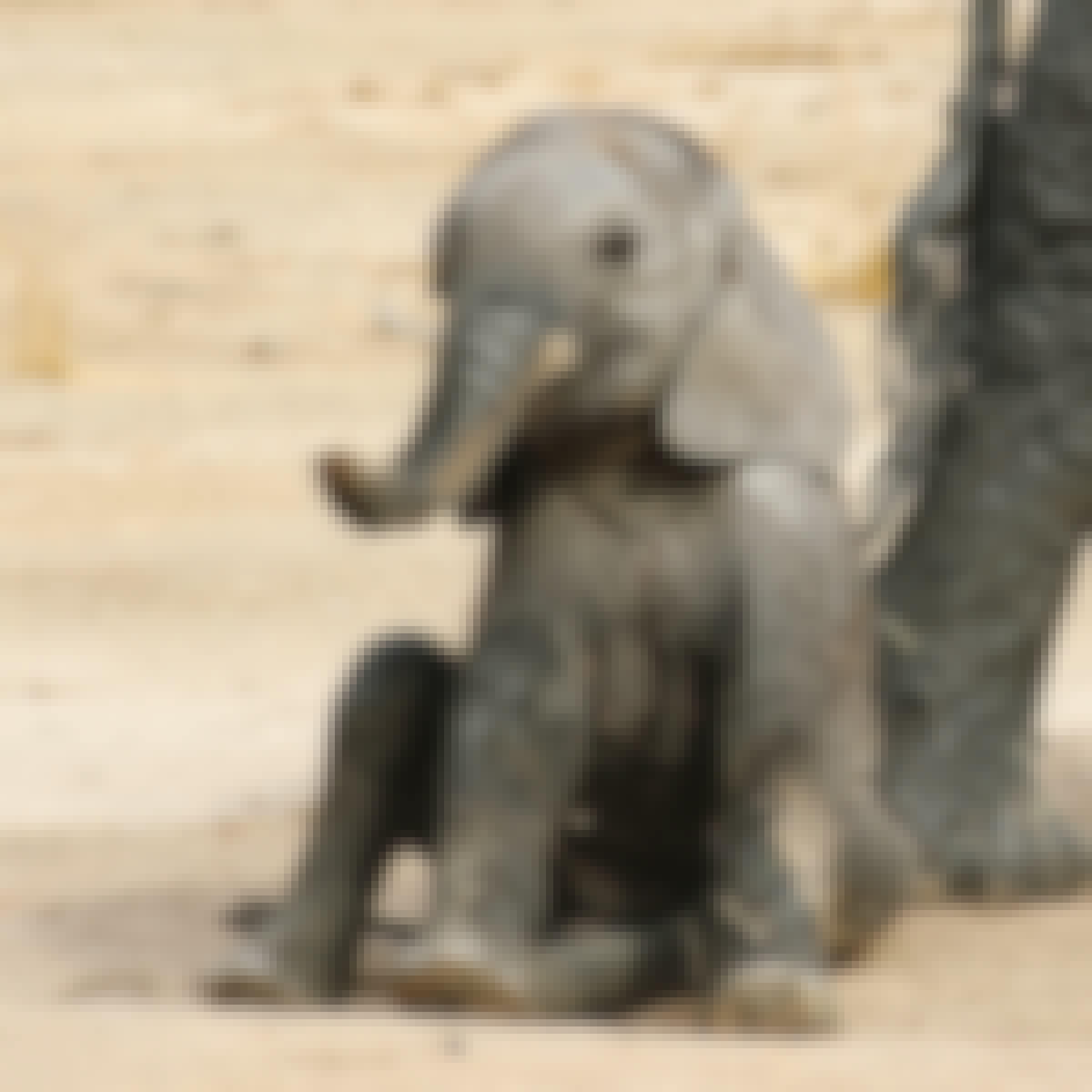 Status: PreviewPreviewH
Status: PreviewPreviewHHebrew University of Jerusalem
Skills you'll gain: Biology, Life Sciences, Molecular, Cellular, and Microbiology, Molecular Biology, Sociology, Anatomy, Anthropology, Environmental Science, Cell Biology, Taxonomy, Microbiology, Physiology
Beginner · Course · 1 - 3 Months
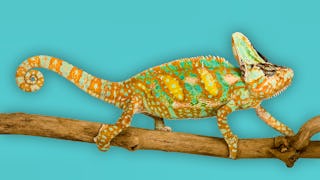 Status: PreviewPreviewA
Status: PreviewPreviewAAmerican Museum of Natural History
Skills you'll gain: Teaching, Education and Training, Instructional Strategies, Instructing, Pedagogy, Anthropology, Life Sciences, Culture, Biology, Curriculum Planning, Taxonomy, Scientific Methods
4.7·Rating, 4.7 out of 5 stars330 reviewsMixed · Course · 1 - 3 Months
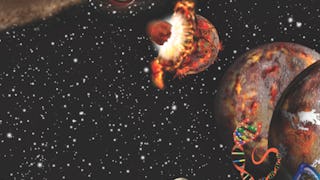 Status: PreviewPreviewU
Status: PreviewPreviewUUniversidade de São Paulo
Skills you'll gain: Life Sciences, Physical Science, Biology, General Science and Research, Biochemistry, Physics, Experimentation, Chemistry, Environmental Science
4.8·Rating, 4.8 out of 5 stars2.1K reviewsBeginner · Course · 1 - 4 Weeks
 Status: PreviewPreviewU
Status: PreviewPreviewUUniversity of Rochester
Skills you'll gain: Physics, Physical Science, Life Sciences, Biology, Environment, General Science and Research, Simulations, Scientific Methods, Scientific Visualization, Systems Of Measurement, Chemistry
4.6·Rating, 4.6 out of 5 stars497 reviewsBeginner · Course · 1 - 4 Weeks
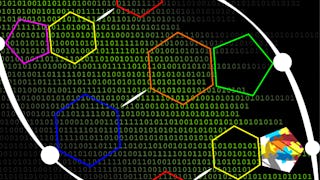 Status: Free TrialFree TrialJ
Status: Free TrialFree TrialJJohns Hopkins University
Skills you'll gain: Bioinformatics, Molecular Biology, Computational Thinking, Data Structures, Python Programming, Data Analysis, Algorithms, Life Sciences, Data Processing, Computer Science
4.7·Rating, 4.7 out of 5 stars929 reviewsMixed · Course · 1 - 4 Weeks
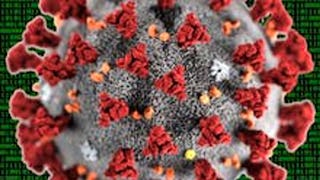 Status: Free TrialFree TrialU
Status: Free TrialFree TrialUUniversity of California San Diego
Skills you'll gain: Bioinformatics, Molecular Biology, Infectious Diseases, Computational Thinking, Life Sciences, Medical Science and Research, Microbiology
Beginner · Course · 1 - 4 Weeks
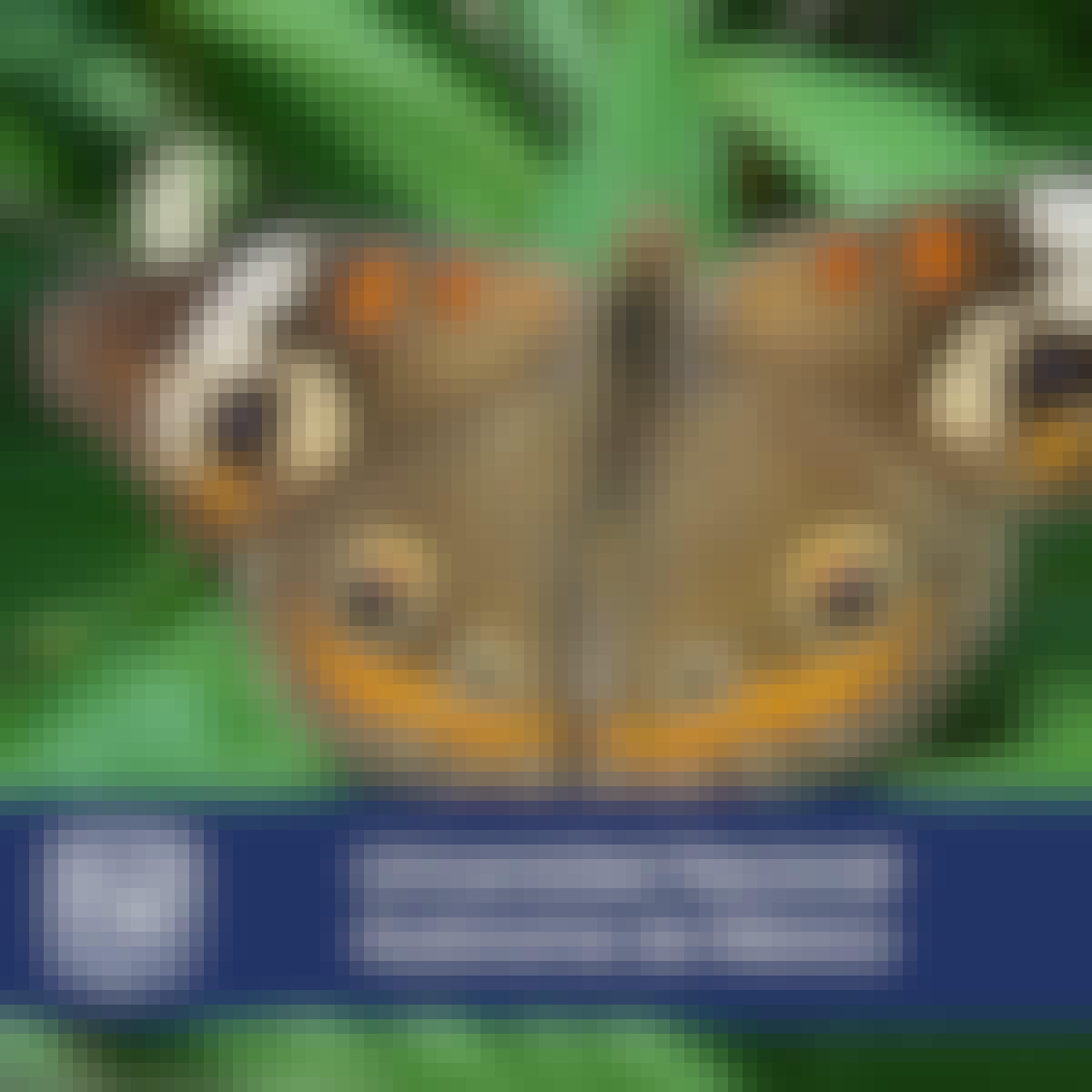 Status: Free TrialFree TrialU
Status: Free TrialFree TrialUUniversidad Nacional Autónoma de México
Skills you'll gain: Biology, Life Sciences, Human Learning, Environment, World History, Cell Biology, Scientific Methods, European History, Taxonomy, Specimen Collection, Mathematical Modeling, Probability & Statistics
4.8·Rating, 4.8 out of 5 stars364 reviewsBeginner · Specialization · 1 - 3 Months
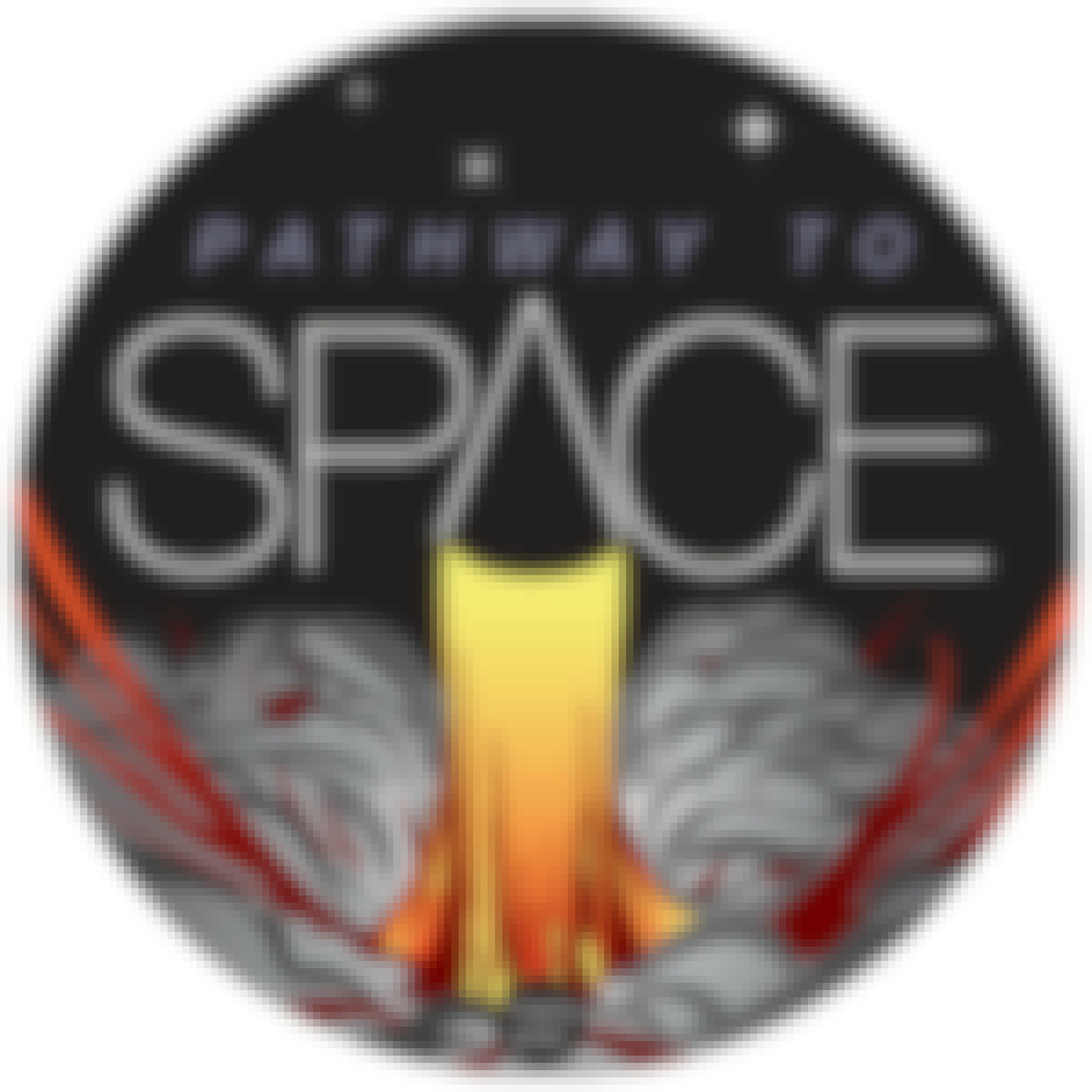 Status: Free TrialFree TrialU
Status: Free TrialFree TrialUUniversity of Colorado Boulder
Skills you'll gain: Environmental Monitoring, Geospatial Information and Technology, Physical Science, Geographic Information Systems, Physics, Environmental Science, Spatial Analysis, Environment, General Science and Research, Remote Access Systems, Life Sciences, Laboratory Research, Science and Research, Biology, Scientific Methods, Research, Timelines, Systems Of Measurement
4.2·Rating, 4.2 out of 5 stars25 reviewsBeginner · Course · 1 - 3 Months
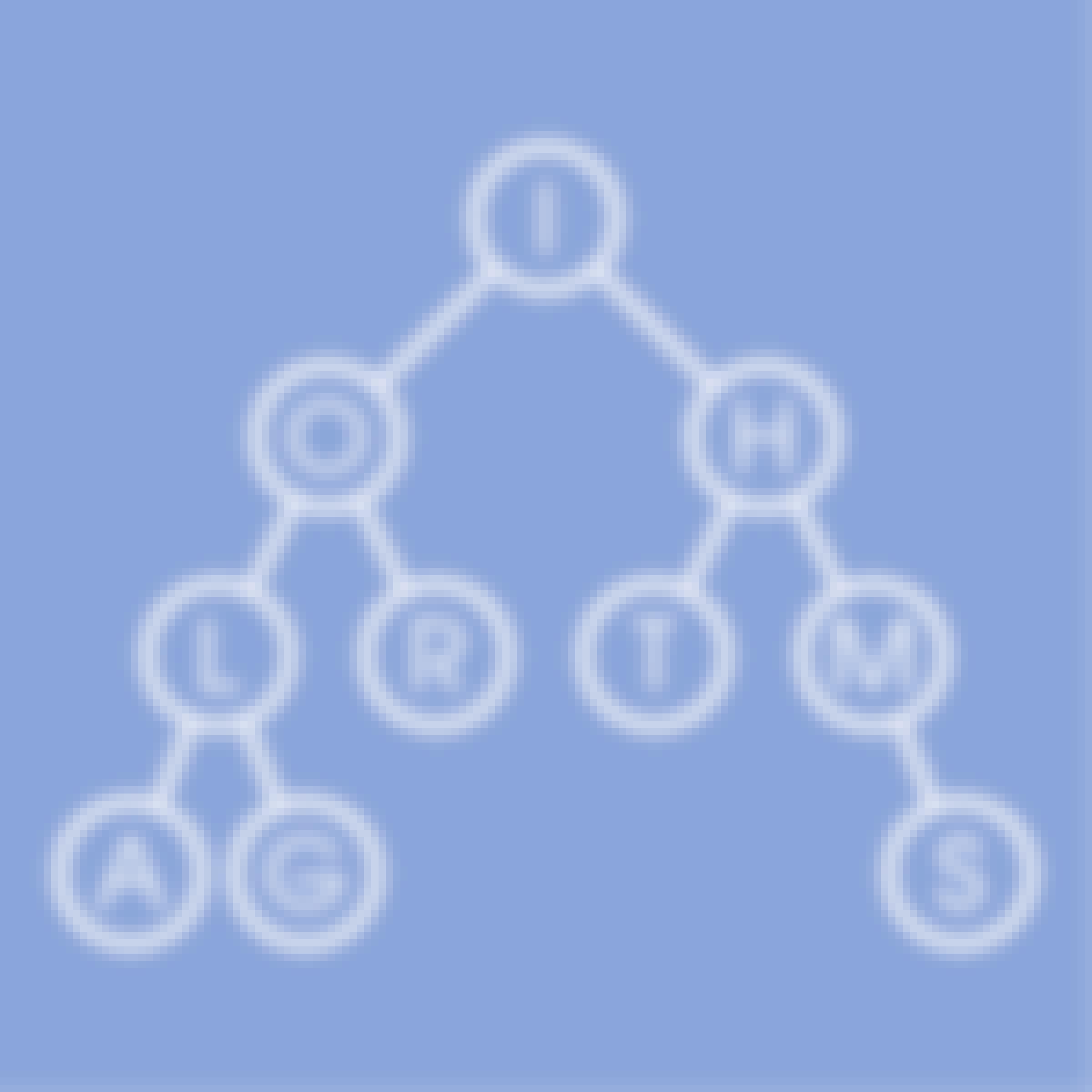 Status: Free TrialFree TrialU
Status: Free TrialFree TrialUUniversity of California San Diego
Skills you'll gain: Bioinformatics, Algorithms, Data Structures, Theoretical Computer Science, Computational Thinking, Precision Medicine, Life Sciences
4.5·Rating, 4.5 out of 5 stars1.1K reviewsIntermediate · Course · 1 - 4 Weeks
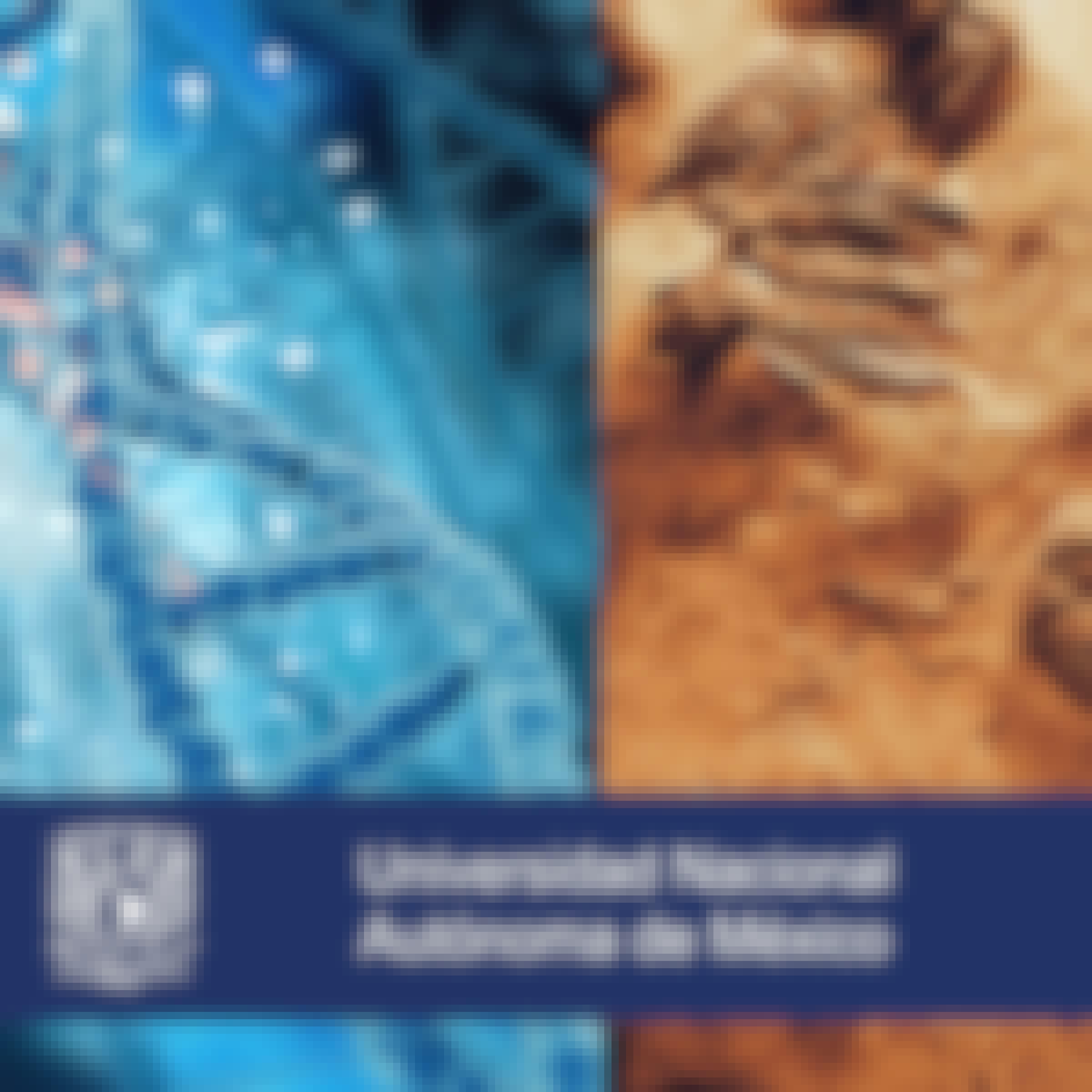 Status: Free TrialFree TrialU
Status: Free TrialFree TrialUUniversidad Nacional Autónoma de México
Skills you'll gain: Biology, Life Sciences, World History, Taxonomy, Mathematical Modeling, Probability & Statistics
Intermediate · Course · 1 - 4 Weeks
 Status: Free TrialFree TrialU
Status: Free TrialFree TrialUUniversidad Nacional Autónoma de México
Skills you'll gain: Biology, Life Sciences, Human Learning, Environment, Cell Biology, Scientific Methods
5·Rating, 5 out of 5 stars7 reviewsBeginner · Course · 1 - 4 Weeks
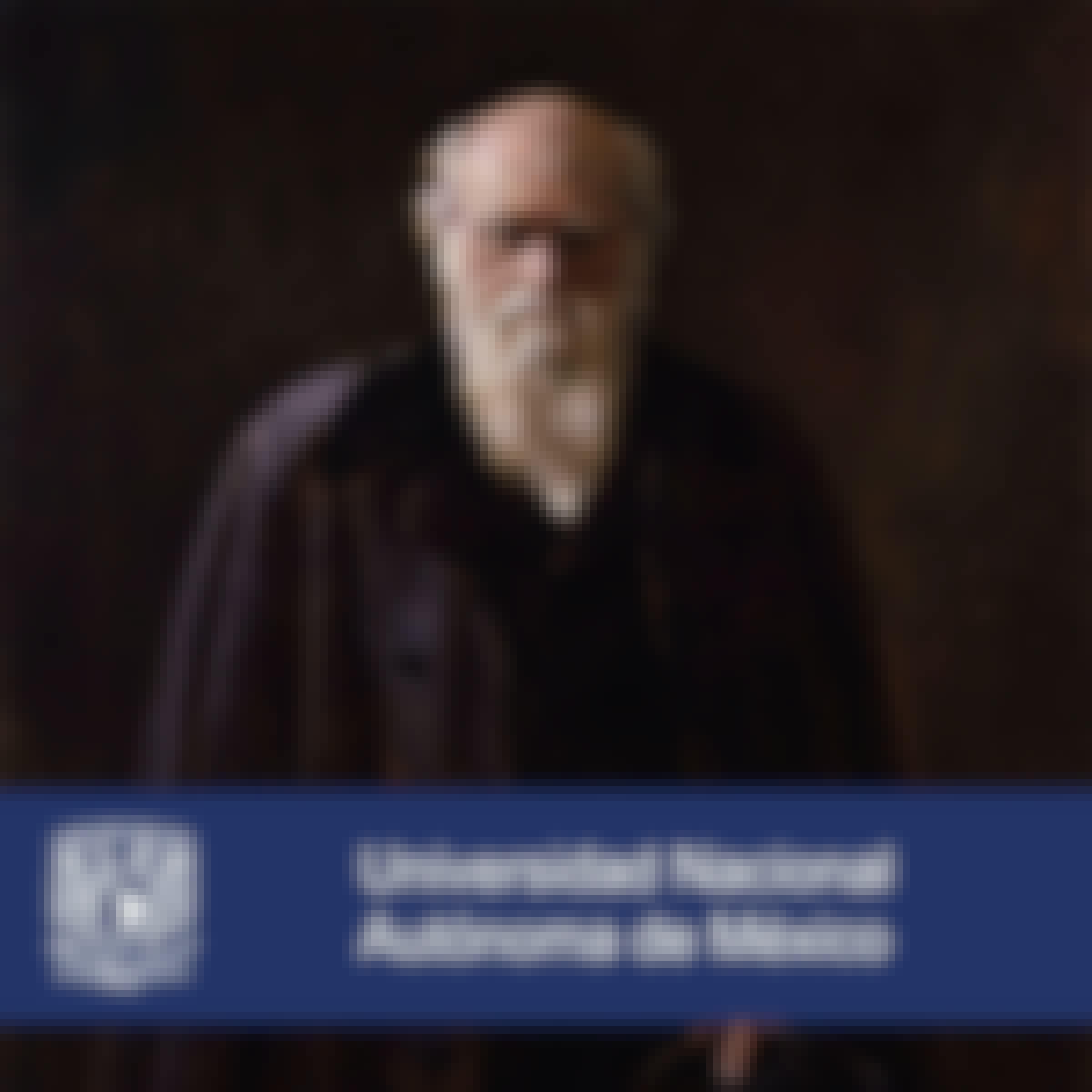 Status: Free TrialFree TrialU
Status: Free TrialFree TrialUUniversidad Nacional Autónoma de México
Skills you'll gain: Life Sciences, Biology, European History, Taxonomy, Specimen Collection, Scientific Methods
4.8·Rating, 4.8 out of 5 stars355 reviewsBeginner · Course · 1 - 4 Weeks







